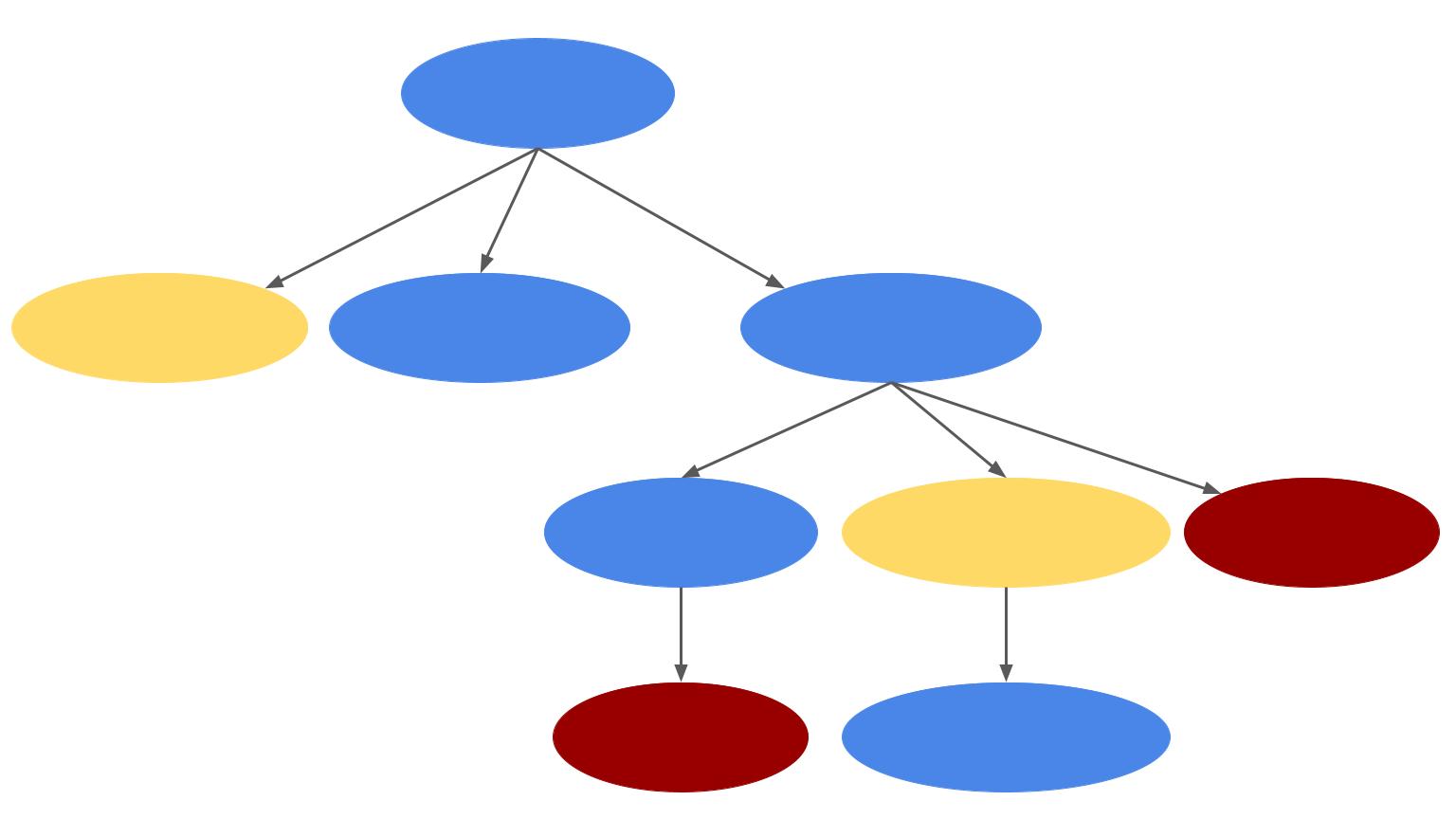
Surfacing Security Metrics from Throughout a Package's Dependency Tree (Survey)
The goal of this research is to aid developers and software architects in making good component choices through an analysis of the relevance and utility of security measures from the entire dependency tree associated with a package.
The survey for NPM developers is LIVE! And can be found at: https://ncsu.qualtrics.com/jfe/form/SV_0UPtFnYI3vISiG2
If possible, please fill out the survey *no later than July 4.
Survey Overview
We are currently performing a survey to try to better understand how different approaches for surfacing security information from a project’s dependency tree may (or may not) help developers when determining whether to and how to use third-party libraries.
We are looking for participants with experience in using third-party libraries, over 18 years of age, and in the U.S. or Australia. Full informed consent information can be found here:
Participants will be asked to fill out a 15-minute survey, in which they will be asked whether different methods for surfacing information from throughout a project’s dependency tree would be helpful.
If you are interested in participating, please contact Sarah Elder (seelder at ncsu.edu) to get a link to the survey, pre-filled based on what project(s) you are actively working on, or, if you prefer, you can fill out the information yourself: https://ncsu.qualtrics.com/jfe/form/SV_elWM15q0URJEr8q
The full informed consent information (including information about our Institutional Review Board protocol) can be found here
About This Study
Motivation
Practitioners rely on high-level measures that are readily accessible to evaluate the risk of incorporating an open-source software component. However, incorporating a software component does not always involve just one component. Each component may depend on other components, which in turn depend on other components, creating a network of dependencies often referred to as a dependency tree. Given the rarity of software vulnerabilities and the reactive (not proactive) nature of vulnerability-based security assessments, our work endeavors to understand how other security metrics should incorporate information from throughout a package’s dependency tree.
Research Questions
The research questions we seek to address in our study are:
- What approaches do practitioners recommend for aggregating measures across a component’s dependency tree?
- How would including aggregate security information from a package’s dependencies alter its security score, relative to other packages?
Metrics
As part of this study, we are using metrics from the OpenSSF Scorecard tool. While we are in contact with the OpenSSF Scorecard community, this research is being performed independently and all thoughts and opinions expressed are those of the researchers.
These metrics include a measure of how actively a project is Maintained, whether the project uses Branch Protection such as preventing force-push actions in Github, whether the project has a Security Policy such as documentation of processes for vulnerabilityr reporting, whether the project uses Code Review, whether a project has Pinned Dependencies and whether the project contains Binary Artifacts.
Currently these metrics, similar to many other metrics automatically collected, focus on the activity and policies within a particular package (i.e. the “root” package of a dependency tree). These metrics do not currently provide information on the additional packages.
Is that a problem? Well, it may depend on the metric. That is where we need help …
Survey Details
We are looking for survey participants, as mentioned previously, to provide feedback on our initial prototype methods for aggregating metrics using information throughout a package’s dependency tree. If we are completely wrong and should try something else - we want to know that, too!
Participation includes filling out a questionaire about the metrics and aggregation methods, followed by a few, short questions to help us understand background and experiences of our participants that may influence their responses. Overall, the survey should take less than 15 minutes to complete.
We value our participants privacy. Multiple-choice and numeric information will be reported in aggregate, such that a response cannot be traced back to an individual. Quotes used from free-response questions will be short, and we will remove information such as the name of an organization the individual is affiliated with, which could be used to identify the participant.
The full informed consent information can be found here
We appreciate participants taking the time to fill out our survey. All participants will be entered into a drawing for one of our $20 Amazon gift cards. Email addresses will be used for this drawing, if the participant chooses to enter, then removed from our records to ensure privacy.
Funding
This research is supported by the National Science Foundation under Grant No. 2207008. Any opinions, findings, and conclusions or recommendations expressed in this material are those of the researcher(s) and do not necessarily reflect the views of the National Science Foundation.

